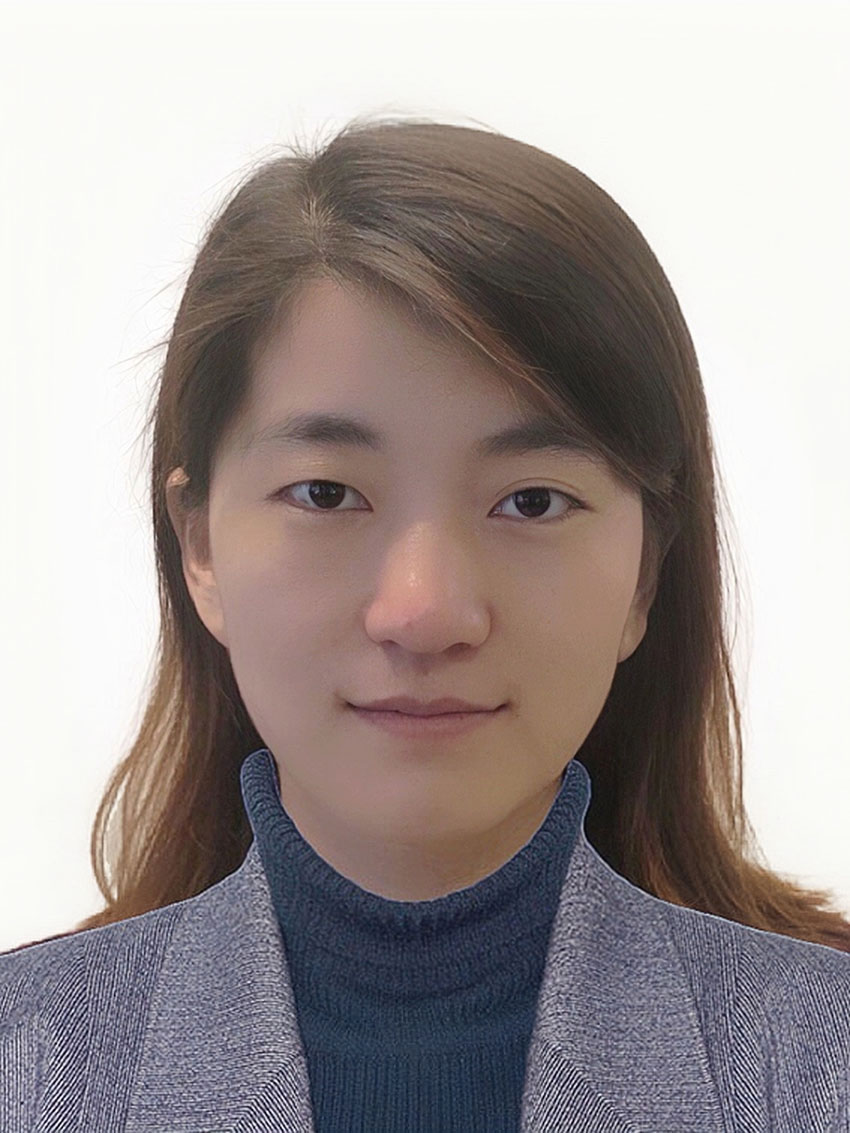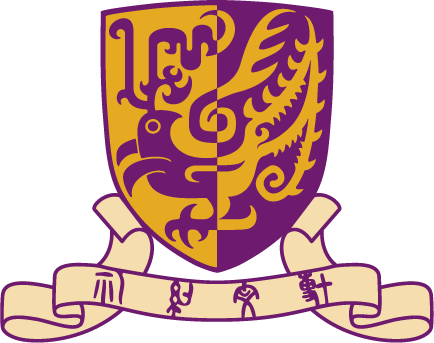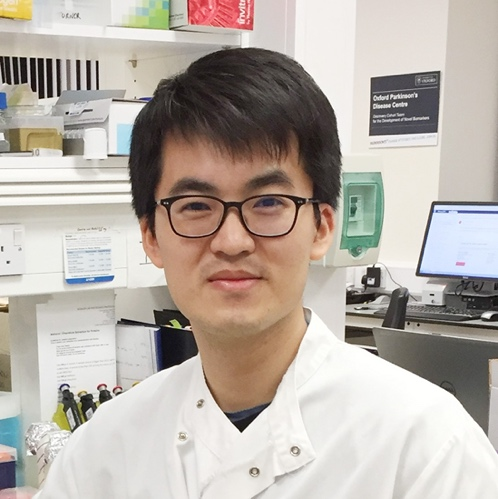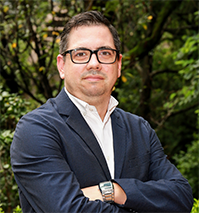|
Address |
(Office): Rm G05, Science Centre East Block, CUHK |
 |
|
Phone |
(Office): (852) 3943 6286 |
|
| Fax | --- | |
| This email address is being protected from spambots. You need JavaScript enabled to view it. | ||
| Web | --- | |
|
|
Education
| 2018 | Ph.D., The Chinese University of Hong Kong |
| 2014 | M.Sc., Zhejiang University |
| 2011 | B.Sc., Shandong Agricultural University |
Positions
- 2025 - Present Assistant Professor, School of Life Sciences, The Chinese University of Hong Kong
Research Interests
- Transcriptional regulation mediated by RNA modifications for the crop improvement under environmental stresses
- RNA modifications in regulation of crop hybrid vigor
- Rice domestications in the epigenetic level
- New strategy using synthetic biology and RNA biology for crop breeding
Representative Publications
- Xin, T., Zhang, Z., Zhang, Y., Li, X., Wang, S., Wang, G., Li, H., Wang, B., Zhang M., Tang, W., He, C., Ding, Y., Huang, S. & Yang, X. (2025). Recessive epistasis of a synonymous mutation confers cucumber domestication through epitranscriptomic regulation. Cell, Online.
- Li H, Wang G., Ye C, Zou Z, Jiang B, Yang F, He K, Ju C, Zhang L, Gao B, Liu S, Chen Y, Zhang J, He C. Quantitative RNA pseudouridine maps reveal multilayered translation control through plant rRNA, tRNA and mRNA pseudouridylation. Nat Plants. 2025 Jan 9. doi: 10.1038/s41477-024-01894-7. Epub ahead of print. PMID: 39789092.
- Wang, G., Li, H., Ye, C., He, Kayla., Liu S., Jiang B., Zhang, J., He, C. Quantitative profiling of m6A at single base resolution across the life cycle of rice and Arabidopsis (2024). Nature Communications, 15(1), 4881.
- Li, H., You, C., Manabu, Y., Yang, X., Gu, H., Li, C., Cui, J., Chen, X.,† Ye, N.,† Zhang, J., Wang, G. A spontaneous thermo-sensitive female sterility mutation in rice endows full mechanized hybrid breeding. (2022). Cell Research, https://doi.org/10.1038/s41422-022-00711-0.
- Wang, G., Li, X., Ye, N., Li, H. & Zhang, J. OsTPP1 regulates seed germination through the crosstalk with abscisic acid in rice. (2021). New Phytologist, 230(5): 1925-1939.
- Wang, G., Li, X., An, Y., Zhang, J., Li, H. Transient ChIP-Seq for Genome-wide In Vivo DNA Binding Landscape. (2021). Trends in plant science, S1360-1385.
- Wang, G., Li, X., Ye, N., Li, H. & Zhang, J.. The chromatin accessibility landscape of pistils and anthers in rice. (2022). Plant Physiology, 190(4), 2797-2811.
- Wang, G., Li, H., Meng, S., Yang, J., Ye, N., & Zhang, J. Analysis of global methylome and gene expression during carbon reserve mobilization in stems under soil drying. (2020). Plant Physiology, 183(4), 1809-1824.
- Wang, G., Li, H., Wang, K., Yang, J., Duan, M., Zhang, J., & Ye, N. Regulation of gene expression involved in the remobilization of rice straw carbon reserves results from moderate soil drying during grain filling. (2020). The Plant Journal, 101(3), 604-618.
- Wang, G., Li, X., Ye, N., Li, H., & Zhang, J. Comprehensive epigenome and transcriptome analysis of the carbon reserve remobilization in indica and japonica rice stems under soil drying. (2020). Journal of Experimental Botany.
Patents
- Wang, G. Q., Li, D.Q., Zhang, J. Q., & Xia, Y. P.. (2013).A method of Hybrid Seeds Germination of Louisiana Iris . (Patent number: ZL201310539514.X)
- Wang, G. Q., Xia, Y. P., Li, D.Q., Shen, B. C., & Wei. S.F. (2014).A method of using chlormequat chloride to promote lateral bud germination in Iris germanica (Patent number: ZL201410448169.3)
Professional Activities
- Editorial Board of Plant Physiology as Review Editor for Frontiers in Physiology and Frontiers in Plant Science.
- Reviewer’s for Trends in Plant Science, Plant Physiology, Frontiers in Plant Science, and BMC Plant Biology.
Others
Join Us
We are looking for enthusiastic and self-motivated graduate students to join our lab. We also have available positions for student helpers, and research assistants, especially in bioinformatics. If you are interested, please contact: This email address is being protected from spambots. You need JavaScript enabled to view it.
There are various postgraduate fellowships and scholarships available for both local and international applicants. Please check out the following website for details regarding the requirements and application.
Hong Kong PhD Fellowship Scheme (HKPFS)
CUHK Vice-Chancellor's PhD Scholarship Scheme
Postgraduate Studentships (MPhil and PhD)







